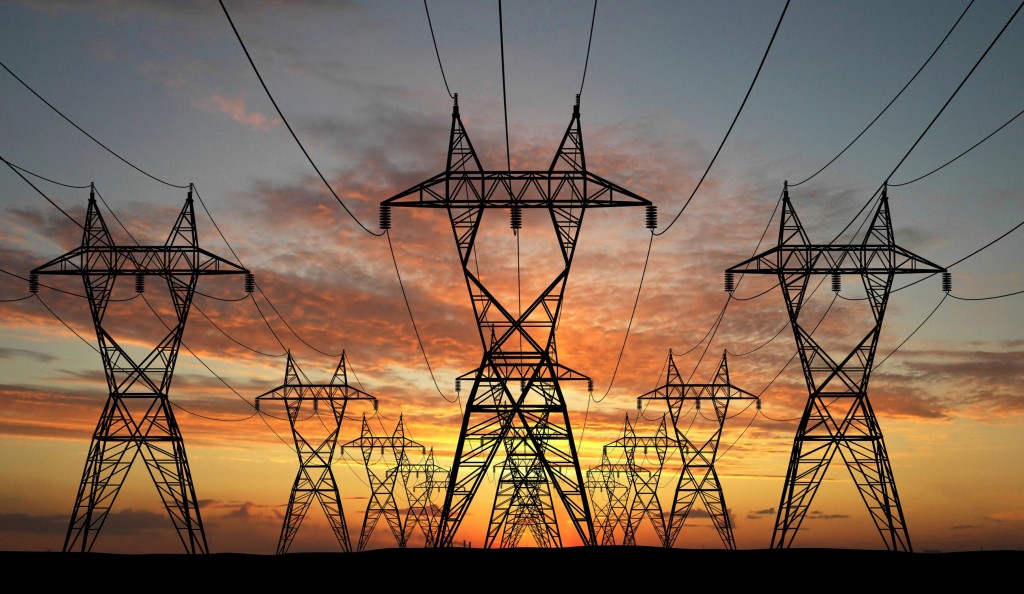The National Grid is activating a ‘live demand flexibility service’ (DFS) event between 5pm and 6.30pm tonight to help customers save money while saving energy.
Eligible households with smart meters will be offered cash and other rewards in return for cutting their electricity usage for 90 minutes this evening.
The event is the first time the live demand flexibility service has been activated this winter, and comes as temperatures plummet, with snow in some areas of the UK and temperatures as low as -8C.
The National Grid electricity system operator (ESO) launched the demand flexibility service for the winter period 2022. The scheme rewards households and businesses that shift their electricity use during DFS events. More than 1.6 million households and businesses participated in the scheme last winter.
The ESO planned to run 12 test events between November and March 2024 – but tonight’s event is not a test, it’s a live event.
An ESO spokesperson said: “Our forecasts show electricity supply margins are expected to be tighter than normal on Wednesday evening. We are activating a live demand flexibility service event between 17:00-18.30 tomorrow.
“It does not mean electricity supplies are at risk and people should not be worried. These are precautionary measures to maintain the buffer of spare capacity we need.”
How to apply
Several energy providers offer the scheme which is available to those who sign up via their supplier. See the National Grid registered providers’ list to find out if your supplier is taking part.
But it is also available from comparison website Uswitch and you don’t need to be with a specific energy provider to sign up. You’ll just need to download the free Utrack app and have a smart meter.
Households don’t need to turn off all their electricity during the live event period, but instead reduce usage by not using appliances such as washing machines, dishwashers, and electric ovens, and not charging devices such as smartphones, laptops or electric cars.





